Qantas CEO Makes Sound Argument Against Social Distancing On Flights
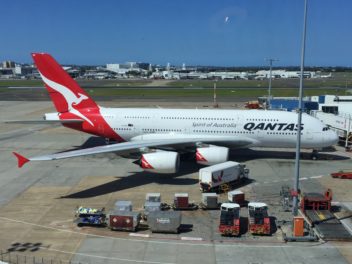
Qantas CEO Makes Sound Argument Against Social Distancing On Flights
Social distancing on airplanes has been a major topic of discussion since the coronavirus pandemic began. Around the world, people have taken to social media to complain about full flights. Last month, Qantas had to respond to public outcry over a packed flight over Easter weekend. Now, the airline is asking the Australian government not to force social distancing on their flights.
Qantas CEO Alan Joyce told ABC News that he hopes the government does not require seats to remain empty. Joyce actually makes sound arguments against government-mandated social distancing on airplanes:
- Social Distancing Guidelines: Social distancing rules suggest 1.5 meters between people, but taking away middle seats only separates passengers by 60 centimeters;
- Higher Airfares: Airfares will have to be higher — by some estimates as much as 54% higher;
- Full Repatriation Flights: The government was perfectly fine with full airplanes on repatriation flights from India to Australia; and
- Lack of Midair Transmission: There is a lack of evidence for midair person-to-person transmission. Joyce pointed out that, despite significant tracking, there has been no known transmission from air travel in Australia. The Centers for Disease Control and Prevention (CDC) tells Americans the risk of catching coronavirus on a plane is low. One study suggests flying may be safer than other activities, like eating in a restaurant.
These four arguments are both true and make logical sense. They also seem to suggest that social distancing on planes is based more on making people comfortable with flying, instead of actually preventing the spread of the virus. We’ve seen airlines make policies in response to social distancing outrage, the most recent of which being United Airlines.
Transtasman Bubble
The remarks by Joyce come at the same time the region is moving toward creation of a transtasman bubble. Australia and New Zealand would agree to allow travel between the two countries. But travelers will face strict travel guidelines and standards.
The standards for Transtasman bubble travel will be informed by the results of the Australia New Zealand Leadership Forum. The forum is set to discuss protocols in the coming weeks that will be passed on to both governments. As a significant tell and possible sign that Joyce’s analysis on social distancing isn’t far off, the forum Chairwoman Ann Sherry said, “Some of the things that will be done will be about public confidence.”
Air New Zealand recently announced their lowest fares will not be available as the country reaches alert level 2, allowing more domestic travel. The airline claimed social distance seating prevents them from offering the lower fares.
Bottom Line
Qantas is trying to avoid a mandate from the government requiring them to adhere to social distancing on flights. As the airline prepares to ramp up domestic flights, he’s making a solid case against social distancing on planes. Of course, public confidence is important in convincing people to fly again. But if you are flying for non-essential reasons, you have a number of options to avoid a crowded commercial flight. It will be interesting to see what the forum decides to pass on to the Australia and New Zealand governments.
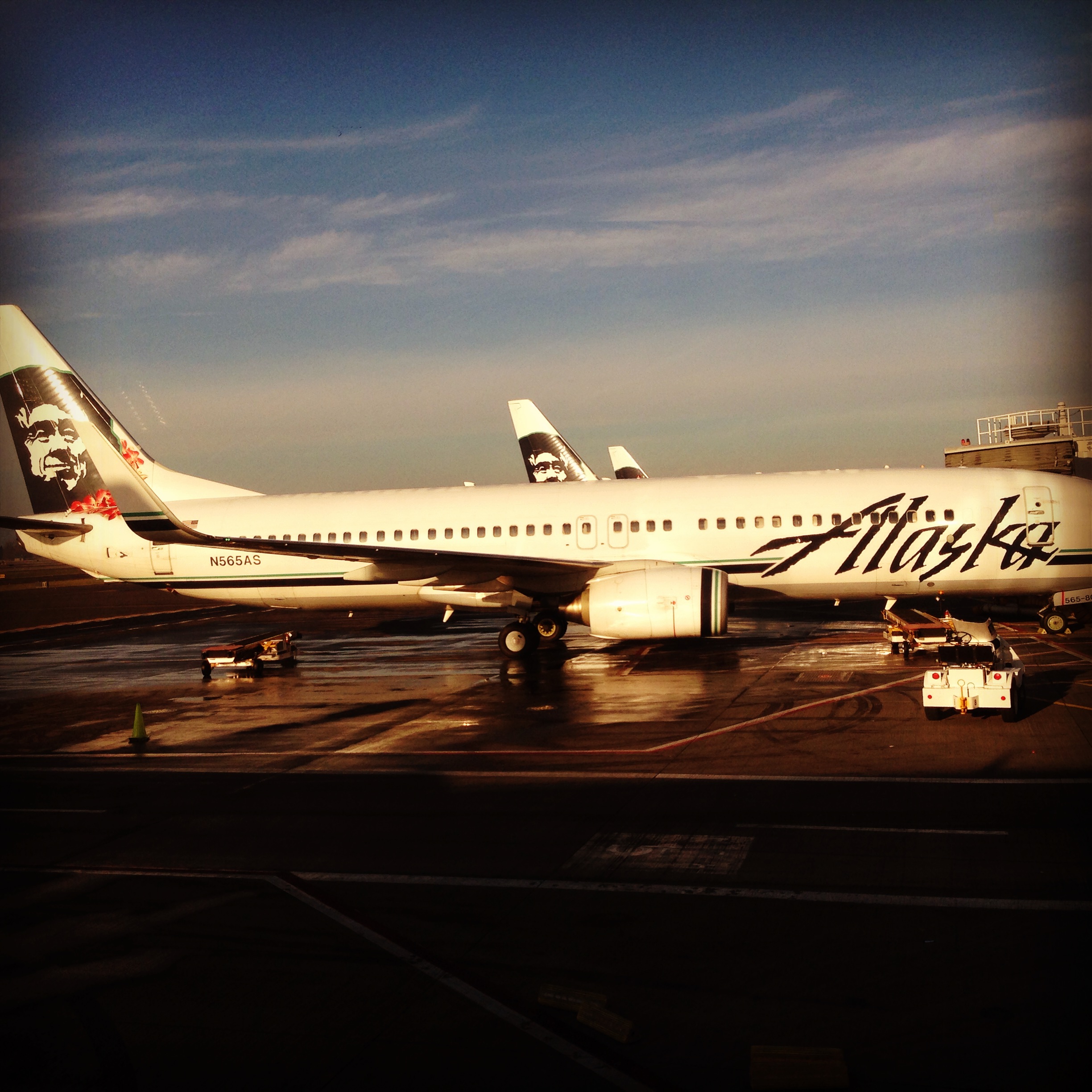
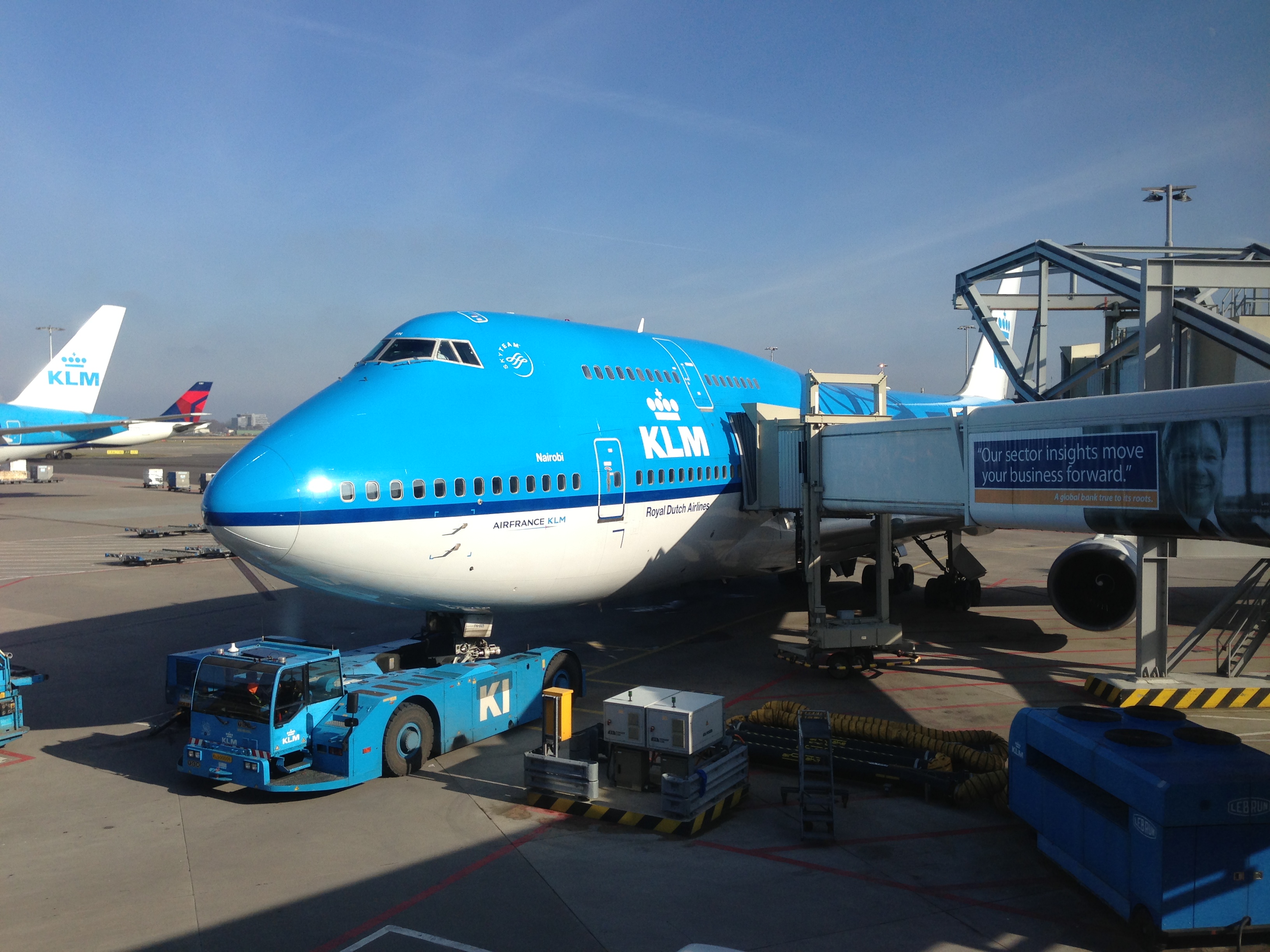
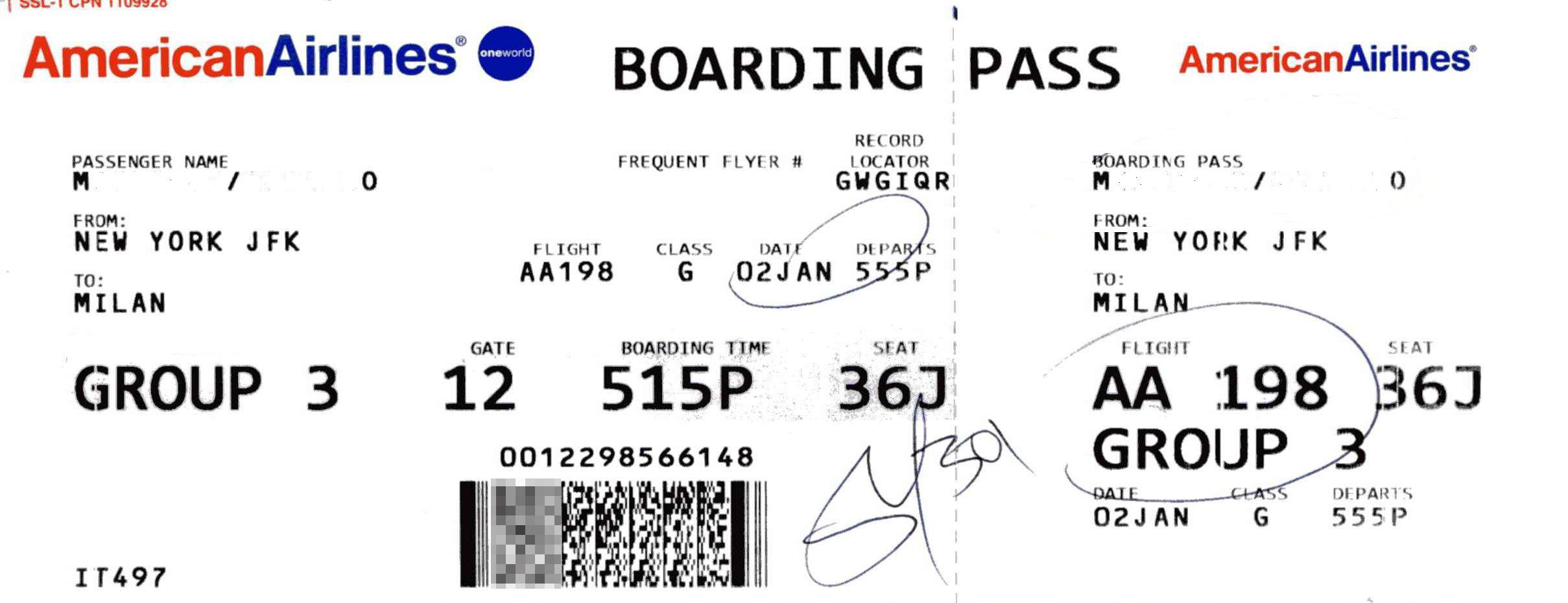
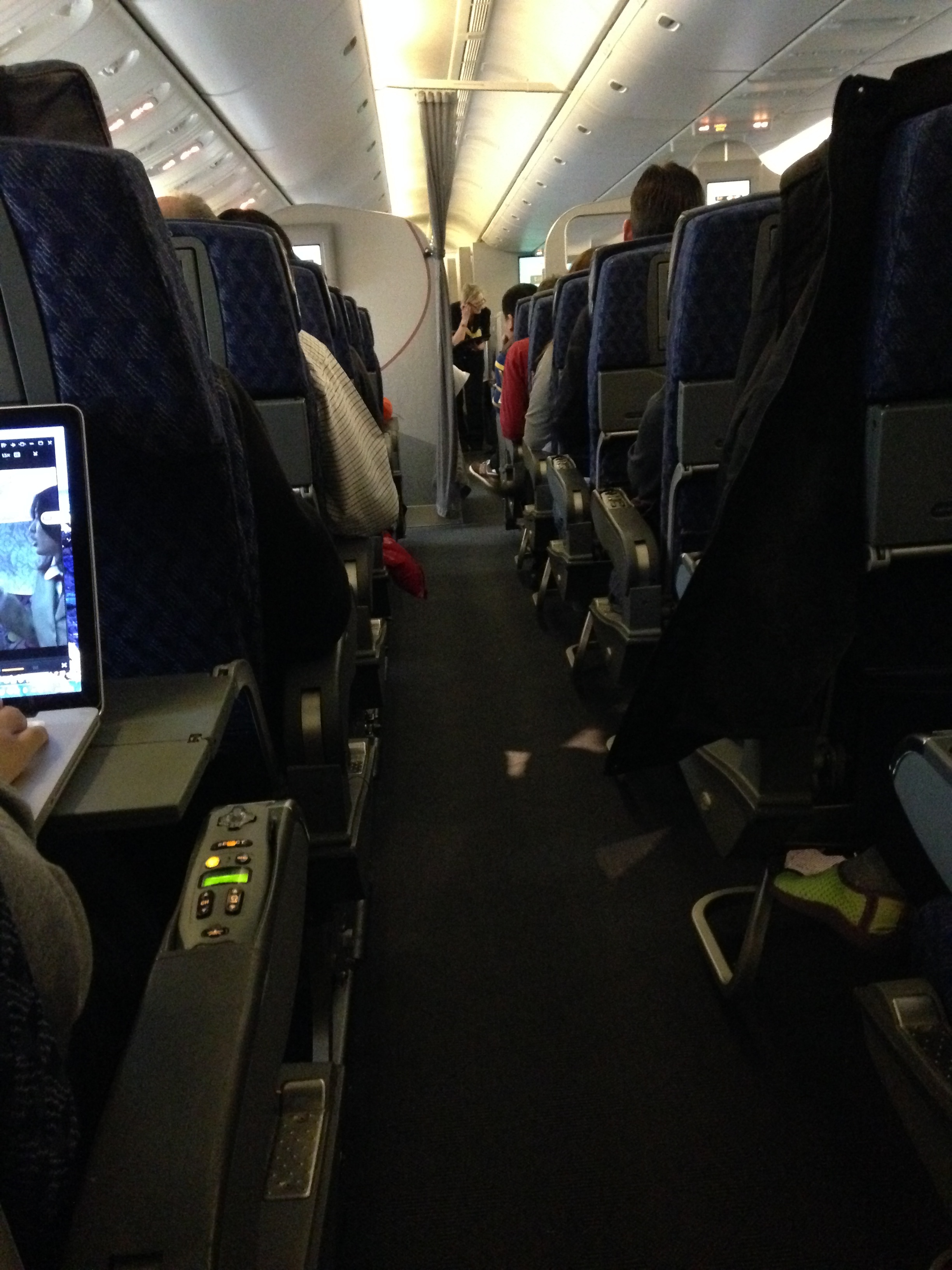
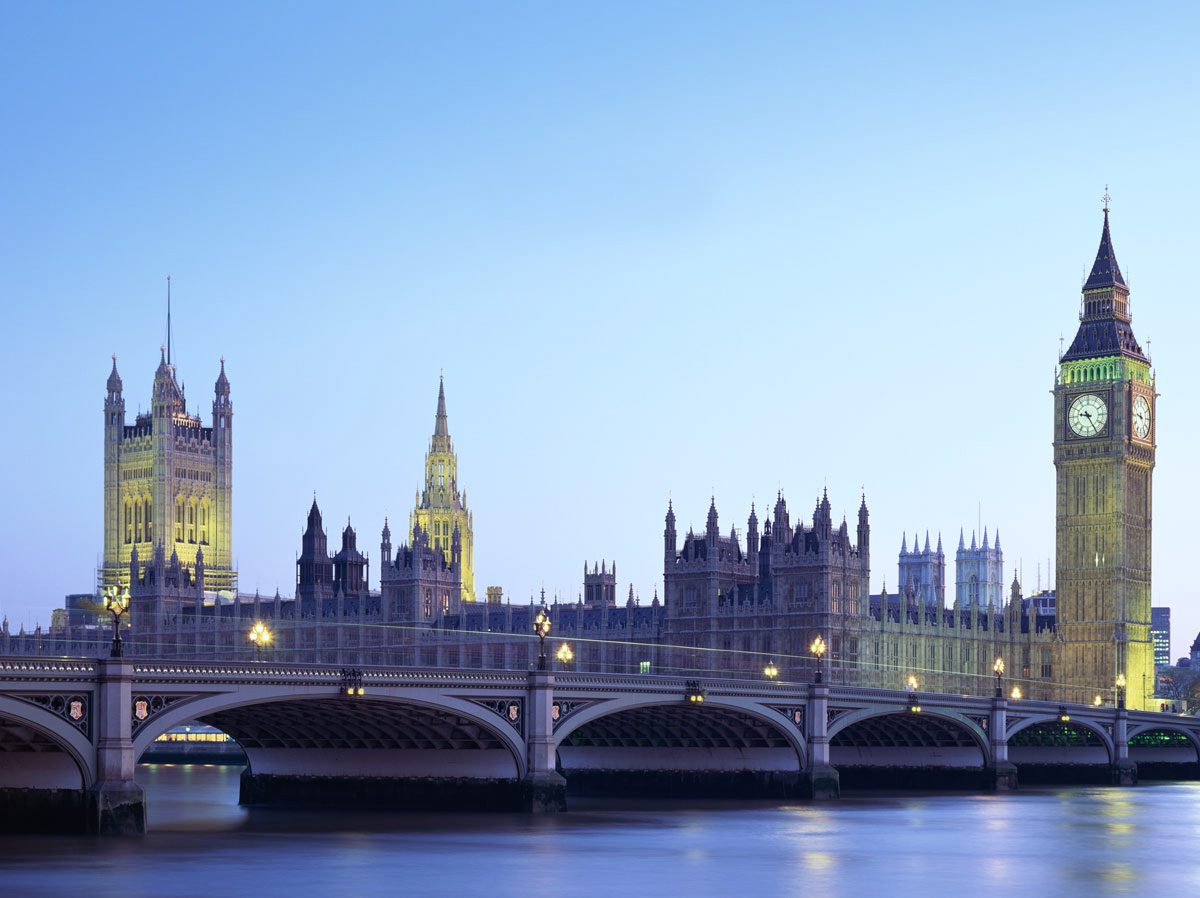
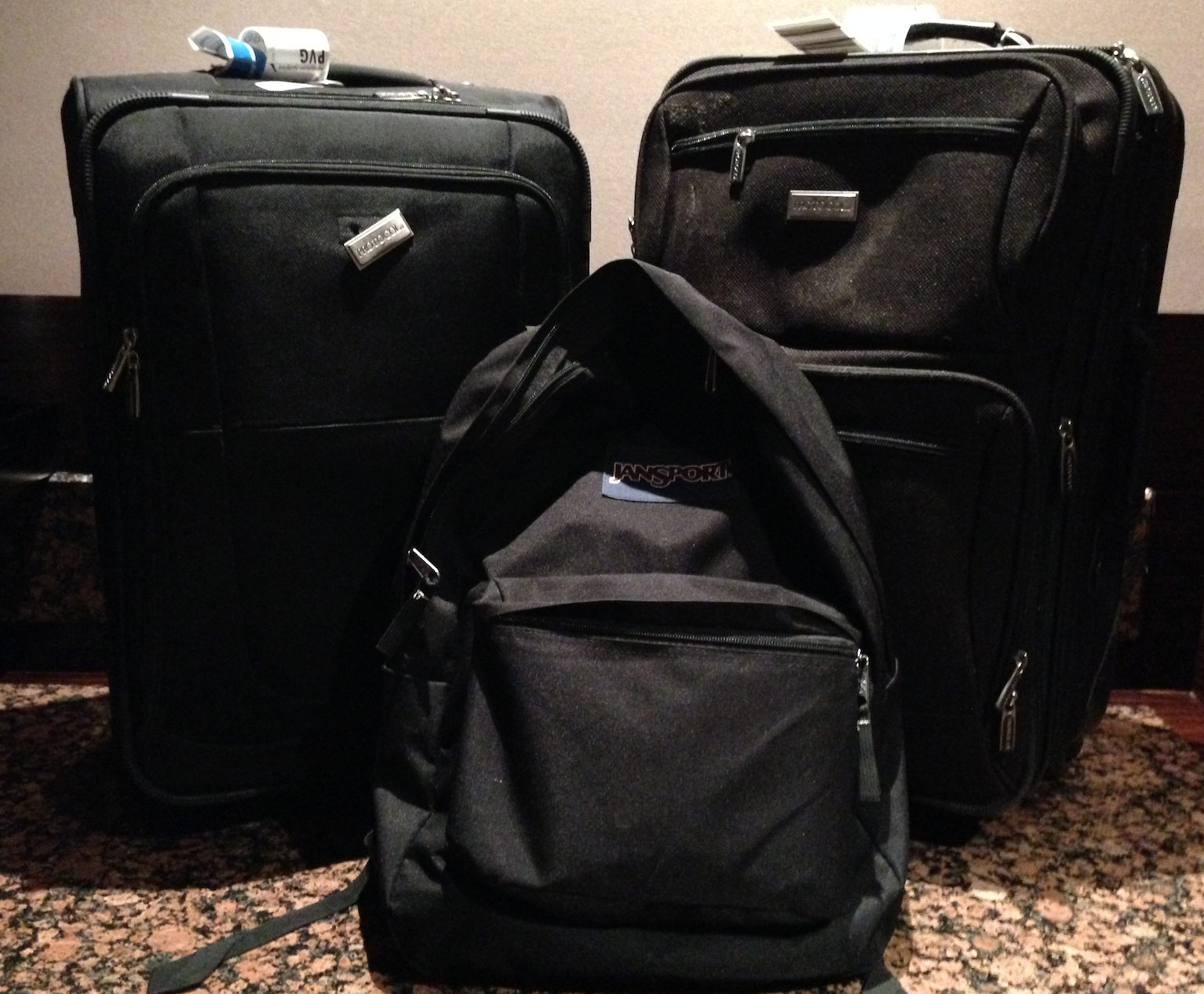

I agree the empty seat does almost nothing from a health standpoint.
Everyone wearing a face covering and not flying with a fever will reduce the small risk to a very small one.
That said there are cases of similar virus transmission and some COVID transmission involving flights if you dig around on Google. But haven’t seen mass transmission events.
I believe much of this is related to making people feel comfortable. Generally, people don’t act rationally in these situations. Sitting at a difference gives people the feeling of safety, even if it’s not proven to actually bring that safety in the context of airplanes.
Businesses are not the warden of individuals. Individuals are, if they want on flights take the right measures. No different than anything in life. If you dont want to leave your house dont. If you want to be responsible than participate
I fully agree with Alan Joyce argument and the above. I here also quote our prime Minister Scott Morrison that”We cannot stay under the dooner for ever”